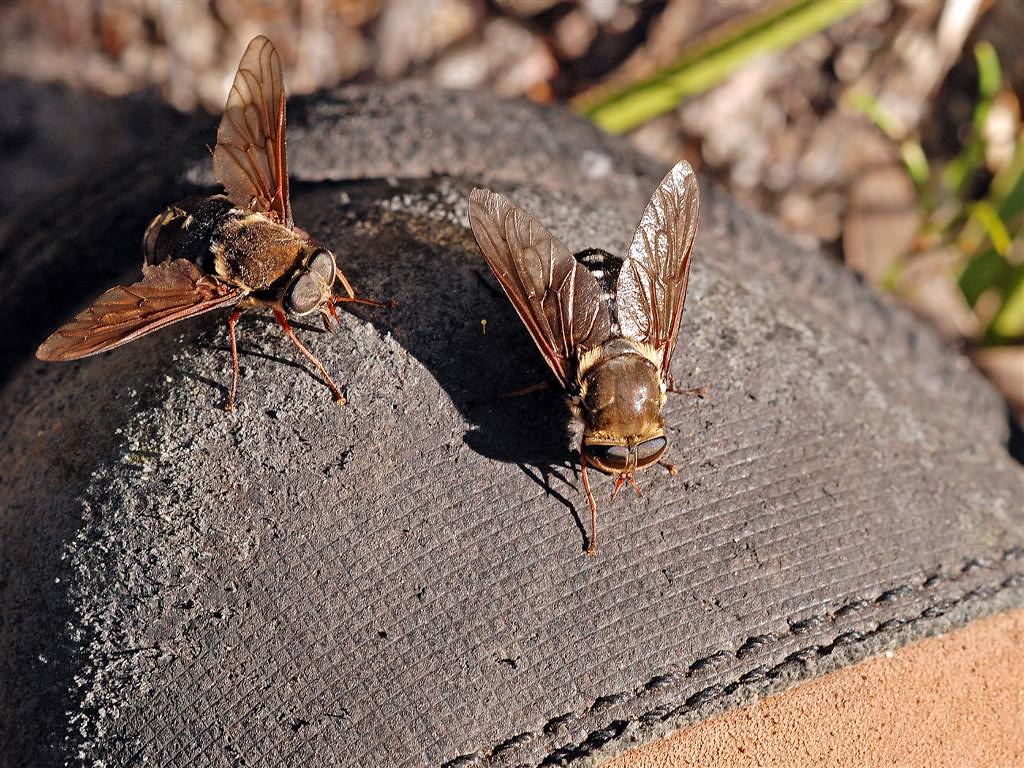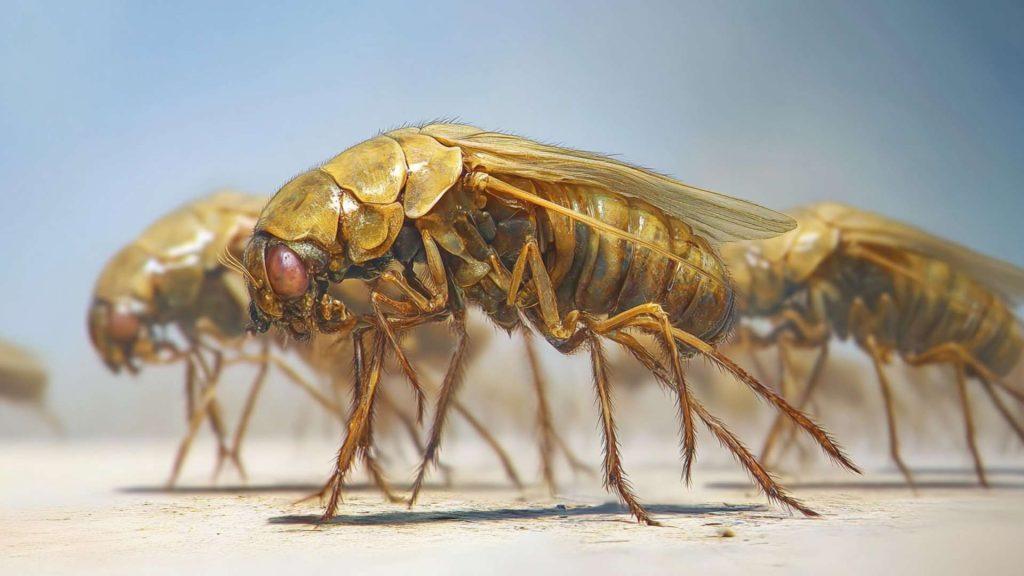Fruit flies are small insects that seem to appear out of nowhere, especially during the warmer months. These tiny creatures are not just annoying; they can also be a sign of unsanitary conditions. One common question people often ask is, “Can fruit flies live in drains?” The answer is yes, and understanding why and how this happens is crucial in preventing an infestation.

How Do Fruit Flies End Up in Drains?
Fruit flies are attracted to damp and moist environments and organic matter, which makes drains an ideal habitat. Food particles, grease, and other organic debris in drains provide a perfect breeding ground for these insects. Fruit flies lay their eggs in the film of gunk that lines the inside of drains, and within a few days, larvae emerge and feed on the organic matter.
Why Do Fruit Flies Live in Drains?
Drains offer a consistent supply of food and moisture, essential for the survival of fruit flies. The warm, humid environment inside drains accelerates the breeding process, allowing fruit flies to multiply quickly. Unlike other areas in the house, drains are often overlooked during regular cleaning, giving fruit flies a safe haven where they can breed undisturbed.Identifying a Fruit Fly Infestation in Drains
It’s easy to mistake fruit flies for other small insects, but there are a few signs that specifically point to an infestation in your drains:- Frequent sightings: If you notice fruit flies in your kitchen or bathroom, especially around the sink or drain, it’s a strong indication that they might be living in the drains.
- Persistent odor: A foul, sour smell coming from your drain can indicate the presence of decaying organic matter, which attracts fruit flies.
- Slow drainage: A drain that clogs easily might be harboring a buildup of debris that could be supporting a fruit fly colony.
Steps to Eliminate Fruit Flies from Drains
Once you’ve identified that fruit flies are living in your drains, it’s important to take action immediately to prevent them from spreading.- Clean the drain thoroughly: Use a drain brush to scrub the inside of the drain, removing any buildup of organic matter where fruit flies may lay their eggs.
- Pour boiling water: Pouring boiling/warm water down the drain can kill any larvae or adult flies present in the drain.
- Use a drain cleaner: Apply a drain cleaner or a DIY mix of vinegar and baking soda to break down any remaining organic material.
- Install drain traps: Drain traps can prevent fruit flies from coming up through the drain by blocking their exit point.
- Regular maintenance: To prevent future infestations, clean your drains regularly, making sure to remove any buildup before it becomes a problem.
Dos & Don’ts When Dealing With Flies In The Drain
| Dos | Don’t |
| Clean your drains regularly with a brush and cleaner. | Don’t ignore slow-draining sinks, as this can indicate a blockage attracting fruit flies. |
| Use boiling water to clean drains. | Don’t pour greasy or oily substances down the drain. |
| Install drain traps to block fruit flies from entering. | Don’t leave standing water in your sink or drains. |
| Disposal of food waste properly to avoid attracting fruit flies. | Don’t overlook the importance of regular drain maintenance. |
| Maintain a clean kitchen and bathroom environment. | Don’t use chemical drain cleaners excessively, as they can damage pipes over time. |


